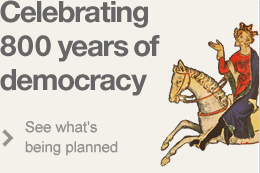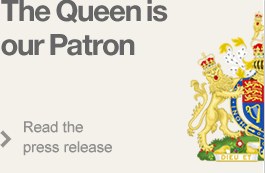
Pre Magna Carta | Post Magna Carta | Restoring Royal Authority | 2nd Barons’ War
John’s attempts to raise money to finance his unsuccessful wars against France caused tension at home and alienated the baronage and the church. Outmanoeuvred by his opponents, John agreed to Magna Carta to buy time.
1214 Bouvines (battle) | Lille, France
 The Battle of Bouvines, just south east of Lille, took place on 27 July 1214. King Philip II defeated the Holy Roman Emperor, Otto IV, conquering Flanders and the Angevin territories in France, and recovering lands once ruled by King John. While King John landed in La Rochelle and advanced from the south-west, his half brother, Lord Salisbury, led a small contingent to attack from the north. The key confrontation was in the north, in that perennial European cockpit and battle zone of Flanders fields. King John was Otto’s uncle, and his decisive defeat led to the English Barons gaining the confidence to confront the king and make him grant the Great Charter at Runnymede.
The Battle of Bouvines, just south east of Lille, took place on 27 July 1214. King Philip II defeated the Holy Roman Emperor, Otto IV, conquering Flanders and the Angevin territories in France, and recovering lands once ruled by King John. While King John landed in La Rochelle and advanced from the south-west, his half brother, Lord Salisbury, led a small contingent to attack from the north. The key confrontation was in the north, in that perennial European cockpit and battle zone of Flanders fields. King John was Otto’s uncle, and his decisive defeat led to the English Barons gaining the confidence to confront the king and make him grant the Great Charter at Runnymede.
1215 Runnymede & Magna Carta | Surrey
 While no battles were fought at Runnymede, near Windsor, it is the spot where King John granted Magna Carta. The water meadows by the River Thames in Surrey were the scene of tensions between the king and his nobility, and many of the barons arrived fully armed. The sealing of the Great Charter on 15 June 1215 was meant to stem military conflicts, but led to a civil war across the nation. The site is owned by the National Trust and contains a monument installed by the American Bar Association.
While no battles were fought at Runnymede, near Windsor, it is the spot where King John granted Magna Carta. The water meadows by the River Thames in Surrey were the scene of tensions between the king and his nobility, and many of the barons arrived fully armed. The sealing of the Great Charter on 15 June 1215 was meant to stem military conflicts, but led to a civil war across the nation. The site is owned by the National Trust and contains a monument installed by the American Bar Association.
Featured Article
Introduction – Runnymede and all that. Winston Churchill described the Magna Carta as “the foundation of principles and systems of government of which neither King John or his nobles dreamed”. Now in Politics we’re used to the law of unintended consequences...
Read on...Recent Articles
- Magna Carta's American Adventure
- 800th anniversary of Bristol...
- Bristol 800 concert and...
- Emancipation and Magna Carta
- Terrorism and Tolerance -...
- Magna Carta
- Magna Carta Benches mark...
- ABA Magna Carta Memorial...
Stay updated
If you would like to keep informed about the work of the Magna Carta Trust and our partners, please sign up to the newsletter below.
Become a Supporter
There are a number of significant supporter opportunities. Register your interest early to ensure the widest range of options.
Find out more




